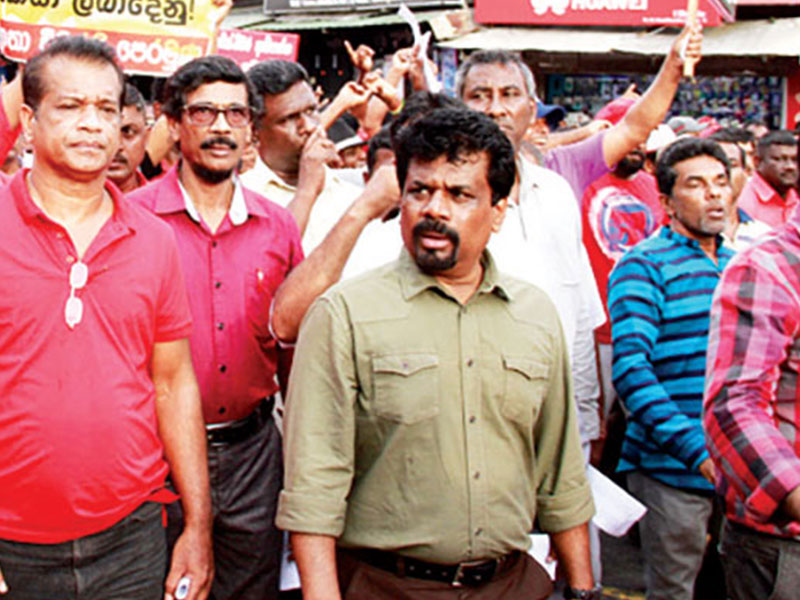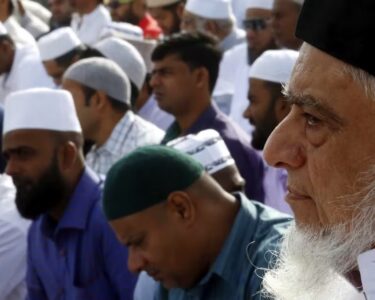Sri Lanka stands at a precarious precipice. Economic woes and social discontent cast a shadow over the island nation, prompting a yearning for change. Enter the National People’s Power (NPP), a rising force led by Anura Kumara Dissanayake (AKD), offering a starkly different path. But while its bold vision of an empowered populace and self-reliant economy sparks hope, serious questions loom regarding its feasibility and ability to navigate the entrenched political landscape.
On the one hand, the NPP’s platform resonates with many. Its critique of the current crony capitalist system and call for radical wealth redistribution strike a chord with those suffering under economic disparity. The party’s focus on fostering a vibrant real sector and dismantling reliance on foreign loans resonates with those desiring greater independence. It promises a democratic revolution, replacing centralized power with participatory governance—a vision attractive to a disillusioned electorate.
However, AKD’s staunchly socialist leanings raise concerns among some. Skeptics argue that nationalization plans and heavy wealth redistribution are unrealistic, potentially crippling economic growth. Questions surround the feasibility of the NPP’s policies, with critics claiming a lack of concrete implementation plans and the potential for bureaucratic gridlock.
Political viability is another major hurdle. The NPP’s appeal is often seen as concentrated among youth and intellectuals, lacking broader support across demographics. Whispers of internal divisions and factionalism further raise doubts about its ability to present a united front. Traditional parties like the SLPP and UNP retain considerable clout, their resources and established networks posing a formidable challenge.
Analysts predict a tough road ahead for the NPP. Some doubt its ability to secure a majority in the next election, potentially forcing it into fragile coalitions with established power brokers. Others fear the NPP might fragment the opposition vote, allowing the incumbent SLPP to retain power despite widespread dissatisfaction.
The NPP’s path to success hinges on addressing these concerns. It must clarify its economic proposals, demonstrate their practicality, and avoid scare tactics. Building a more diverse and inclusive base is crucial, reaching beyond its current stronghold to connect with broader sections of the population. A focus on unity and internal cohesion will be vital to presenting a formidable electoral challenge.
Sri Lanka’s future remains uncertain. While the NPP offers a glimpse of hope for a transformed nation, doubts and challenges persist. Its success depends on navigating a perilous political landscape, translating its bold vision into actionable plans, and convincing a sceptical public that it can truly break the old mould and forge a brighter future for all.







